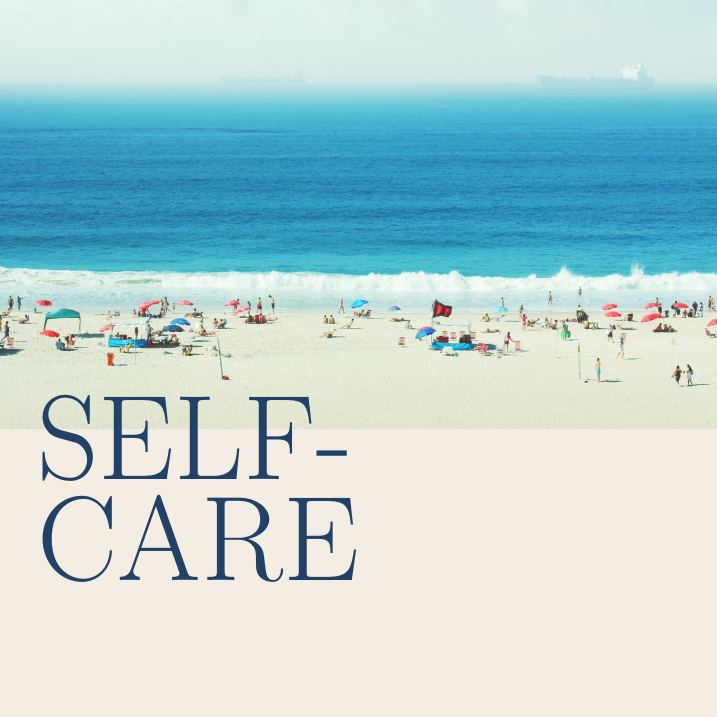Check our new E-Books for FREE! Click Here!
Self-Care | Why it is important for parents
Self-care is fundamentally important for parents. How can it be successful in the chaotic everyday life? We offer many tips, tricks, and checklists. Watch now!

As parents, you juggle a multitude of tasks every day: from the breakfast table to the children’s bedtime. Everyday life is characterized by obligations, responsibility, and often the feeling of never having enough time. What is often forgotten is that you as a parent also need care – and you need it from yourself. Self-care is not a luxury, but essential to be healthy, balanced, and present for your family.
Why Self-Care is Not Selfishness
Self-care is often mistaken for selfishness. You might find yourself thinking, “I can’t possibly put myself first when there’s so much to do!” But that’s precisely what you should be doing. Because without self-care, you risk becoming drained, irritated, and emotionally depleted over time. Your children benefit when you pay attention to your own needs because they get to experience a calm, loving, and patient version of you. At the same time, you’re teaching them the importance of respecting personal boundaries.
7 Quick Power Tips for Instant Stress Relief
DownloadWhat is Self-Care after all?
Self-care means taking the time to nourish your body, mind, and soul. There is no “right” or “wrong” way to practice self-care. What matters is that it works for you. The three most important areas are:
- Physical Self-Care: Exercise, nutrition, adequate sleep, and regular breaks. A walk in the fresh air or 15 minutes of stretching can work wonders.
- Emotional Self-Care: Perceive feelings and take them seriously. This could be a conversation with a trusted person, a diary in which you write your thoughts, or even time for yourself alone.
- Mental Self-Care: Rest periods for the mind. This could be a meditation, reading an inspiring book, or simply taking a few minutes to breathe deeply.
The Benefits of Self-Care for Your Children
You are the emotional role model for your children. Children do not learn from what you say, but from what you do. When you show that you take good care of yourself, your children learn:
- It’s okay to take breaks.
- Own boundaries are allowed to be respected.
- It is important to recognize and satisfy your own needs.
Children who experience their parents as balanced and mindful often develop a better understanding of their own emotions and learn early on to regulate themselves.
Incorporate Self-Care into Hectic Daily Life
The idea of taking care of oneself may seem impossible amidst a busy schedule. However, self-care need not be complicated or time-consuming. Here are some tips on how you can incorporate it into your daily routine:
- Start with small steps: You don’t have to schedule a wellness day right away. Start with five to ten minutes a day that are just for you.
- Establish firm routines: Plan a moment of self-care every day. Whether in the morning before everyone wakes up, or in the evening after the children have gone to bed – regularity helps to stay on track.
- Make use of micro-breaks: Waiting periods can be small islands of peace. For example, close your eyes for a minute while you’re waiting in the car for your child.
- Delegate Tasks: You don’t have to do everything alone. Ask your partner, grandparents, or friends for support.
- Be kind to yourself: Nobody is perfect, and that’s okay. Forgive yourself when things don’t go according to plan.
Self-Care in Family Life: Practical Ideas
If you’re not sure where to start, try one of these simple strategies:
- A Walk: Five minutes in the fresh air can work wonders.
- A Morning Ritual: Start the day with a cup of tea, a short yoga exercise, or an inspiring quote.
- Digital Detox: Spend an hour without your phone to relieve your mind.
- Breathing Exercises: Consciously take five deep breaths in and out to center yourself.
- A Creative Break: Draw, paint, or write – even small creative moments can be incredibly soothing.
How to Let Go of Guilt
Many parents struggle with the feeling of being selfish when they take time for themselves. But here’s an important shift in perspective: It’s a win for your family when you are more balanced and happier. When you allow yourself self-care, you not only strengthen yourself, but also the relationship with your kids.
Long-Term Effects of Self-Care
If you consistently take good care of yourself, you will feel that you:
- Are more patient and loving with your children.
- Can can better manage stress.
- Have a stronger emotional foundation to help you navigate even challenging times.
Your children will benefit from this as they will not only experience a more harmonious family environment, but also learn to respect themselves.
Summary
Self-care is not an extraneous element, but an essential part of your parenting. It helps you to recharge, to be more patient, and to set a good example for your children. Start with small steps and incorporate self-care into your daily routine. Remember: You can only give from a full glass.
Self-Care – The Key to greater Serenity
Self-care is a quiet, loving companion on the journey back to yourself. Because self-care is not a luxury and not selfishness. It’s a necessity. Especially in everyday life with children, when everything happens at once: tantrums, exhaustion, guilt, perfectionism. All of it drains you – often silently and invisibly. This book is a gentle reminder that you are more than just a “functioning parent.” That your needs matter. That taking care of yourself isn’t selfish – it’s brave. Strong. And healing.
Check it out for FREE!


